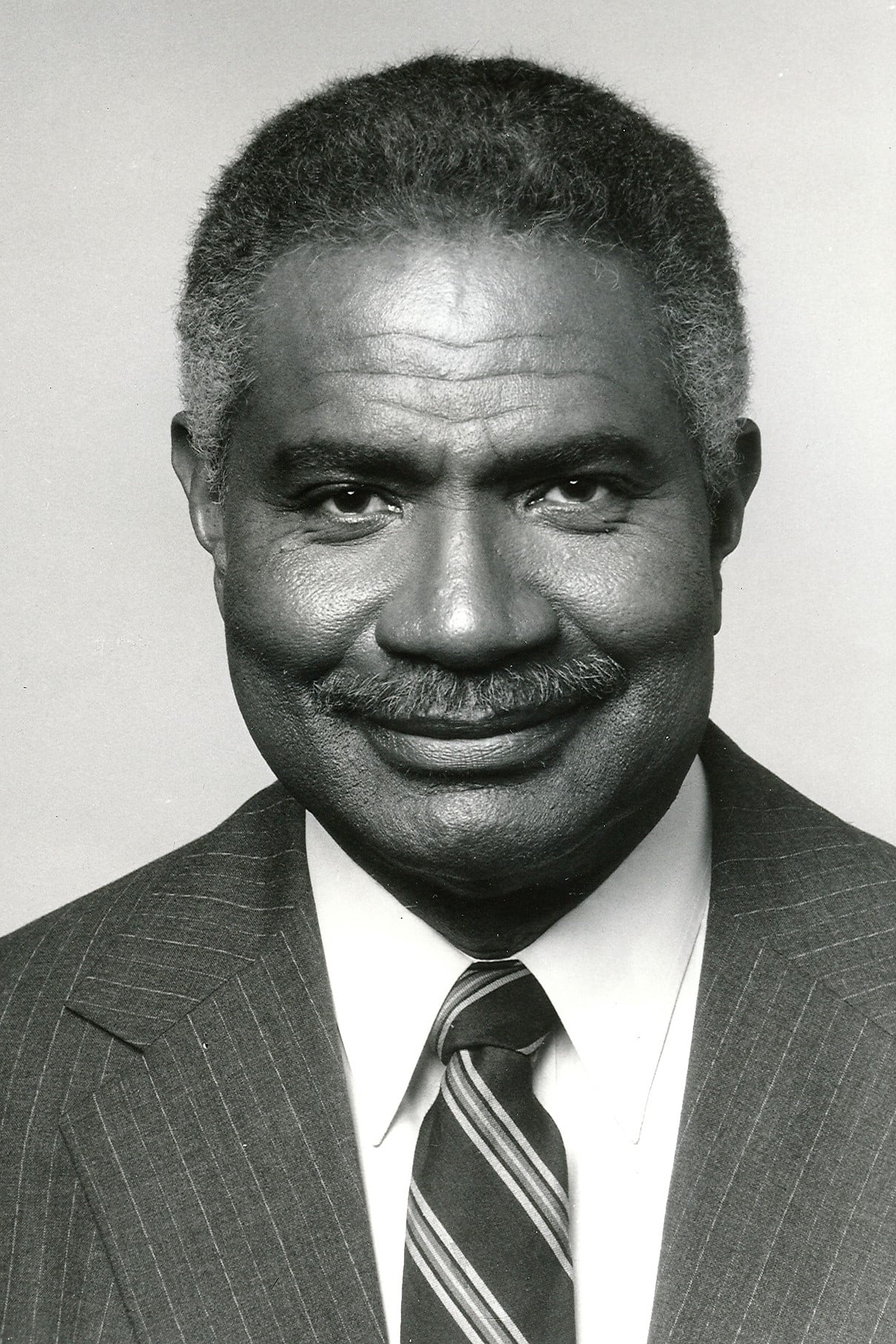
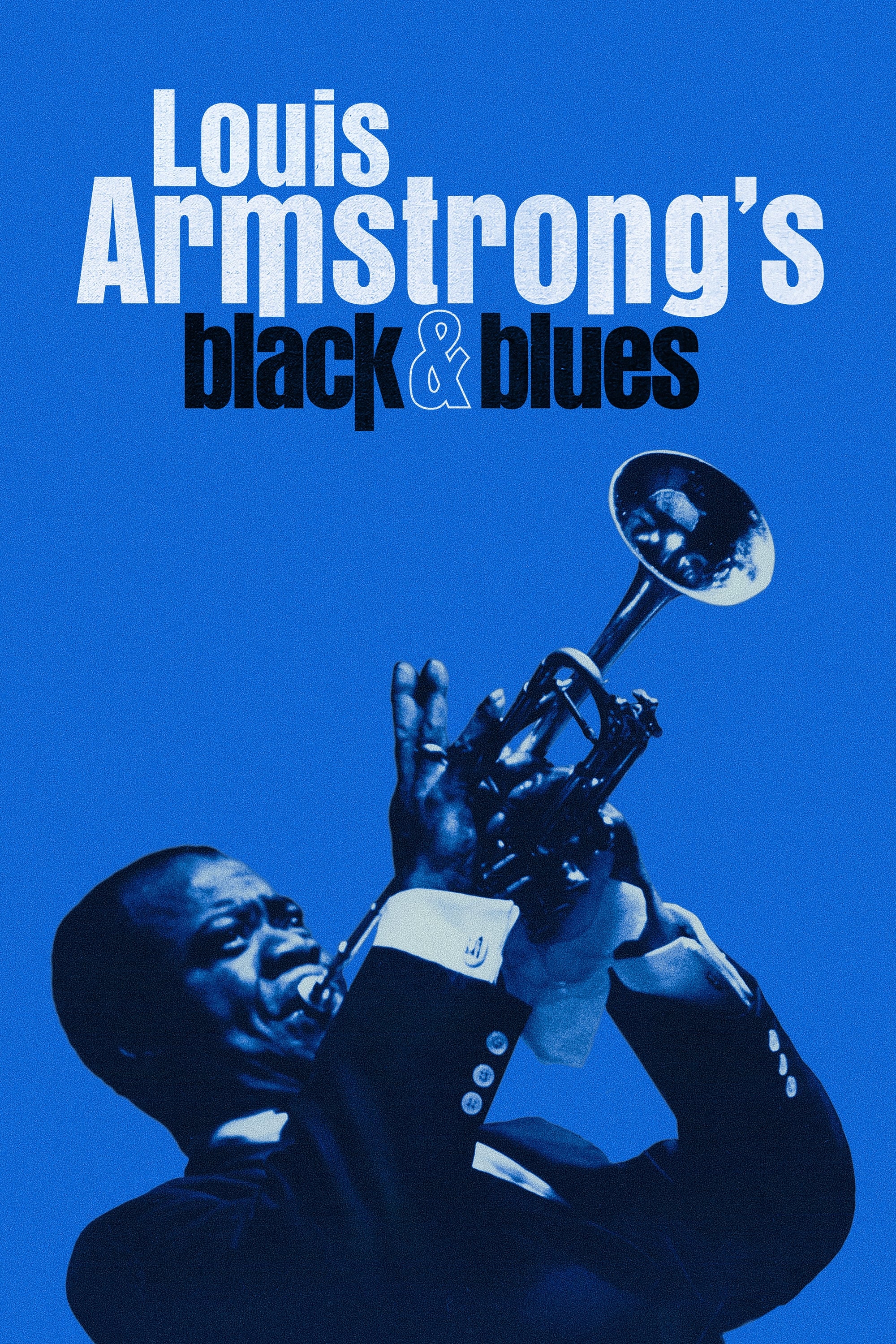
An intimate and revealing look at the world-changing musician, presented through a lens of archival footage and never-before-heard home recordings and personal conversations. This definitive documentary honors Armstrong's legacy as a founding father of jazz, one of the first internationally known and beloved stars, and a cultural ambassador of the United States.
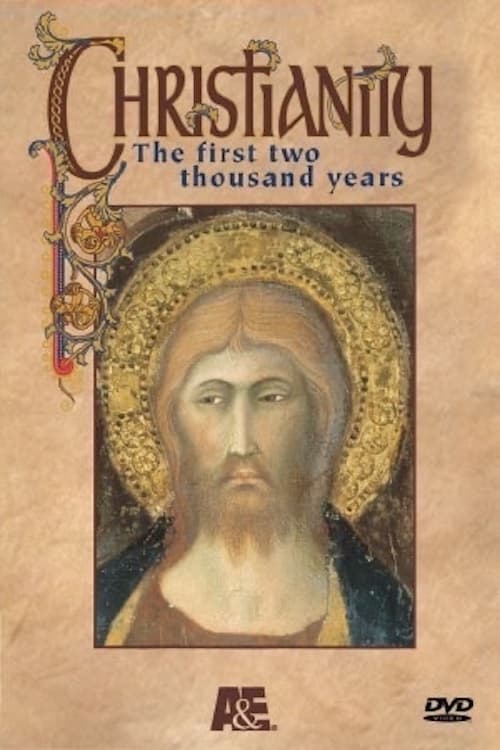
A two-series set produced by the A&E network which explores the history of Christianity and its impact on the world from the year 0 to 2000.
The incredible story of the people who, despite persecution, grew Christianity from an obscure movement to one of the world's largest religions.
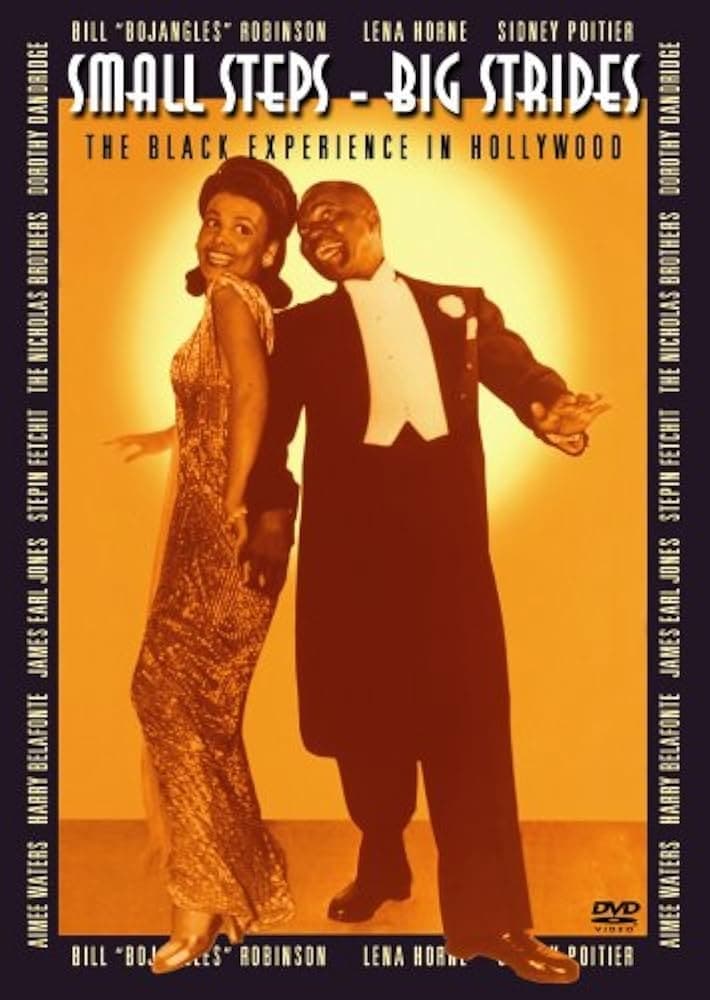
Louis Gossett Jr. takes viewers through a special documentary celebration of the groundbreaking achievements of African-American performers and their contributions to Hollywood filmmaking. Spectacular film clips, rare behind-the-scenes footage, archival photographs and fascinating interviews chronicle nearly a century of tribulation and triumph. Gazing at the outstanding range of African-American stars on today's movie screens, it is hard to imagine a time when there were no black leading men or women, a time when all of the roles available for people of color were considerably less heroic than they are now. Social progress came in small steps on the silver screen, film by film, for equal visibility and dignity on the silver screen; now it is possible to honor their struggles, their talent and their sacrifices.
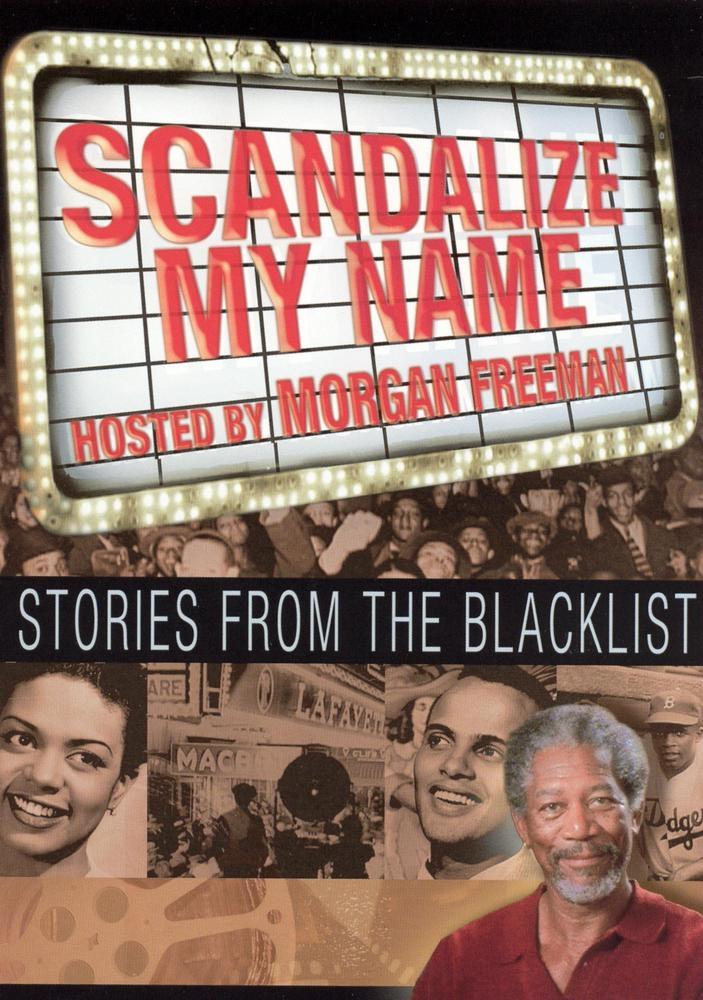
A look at the confluence of the Red Scare, McCarthyism, and blacklists with the post-war activism by African Americans seeking more and better roles on radio, television, and stage. It begins in Harlem, measures the impact of Paul Robeson and the campaign to bring him down, looks at the role of HUAC, J. Edgar Hoover and of journalists such as Ed Sullivan, and ends with a tribute to Canada Lee. Throughout are interviews with men and women who were there, including Dick Campbell of the Rose McLendon Players and Fredrick O'Neal of the American Negro Theatre. In the 1940s and 1950s, anti-Communism was one more tool to maintain Jim Crow and to keep down African-Americans.
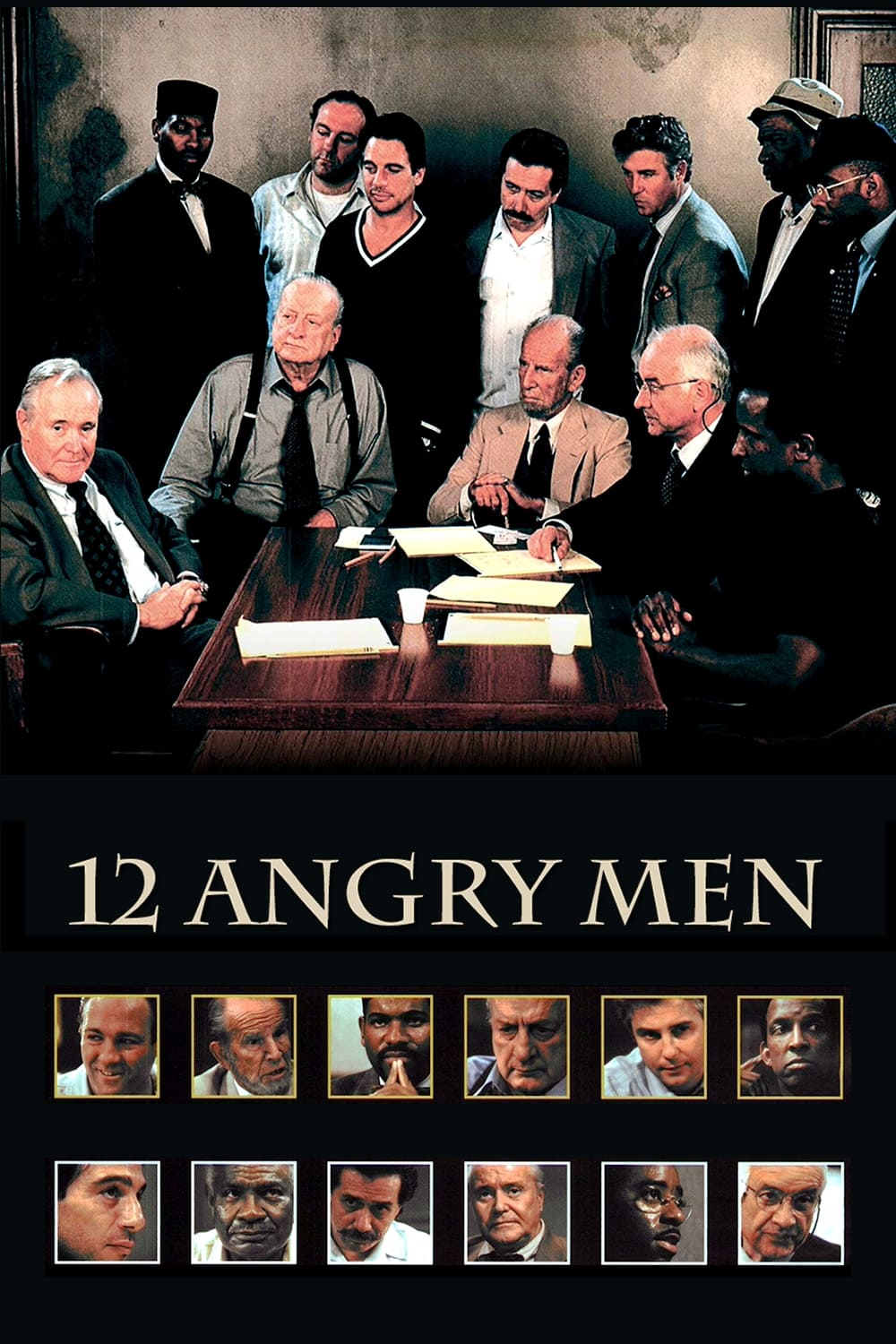
During the trial of a man accused of his father's murder, a lone juror takes a stand against the guilty verdict handed down by the others as a result of their preconceptions and prejudices.
Jackie Robinson: Breaking Barriers celebrates the ground-breaking career of the first-ever African-American to join the major leagues, talented athlete Jackie Robinson. The video commemorates the 50th anniversary of Robinson's first major league game day. A tender tribute to the baseball legend, the program combines interviews with Robinson's family and friends, classic sports footage, newsreel clips, and black-and-white photographs from Robinson's life and stellar career.
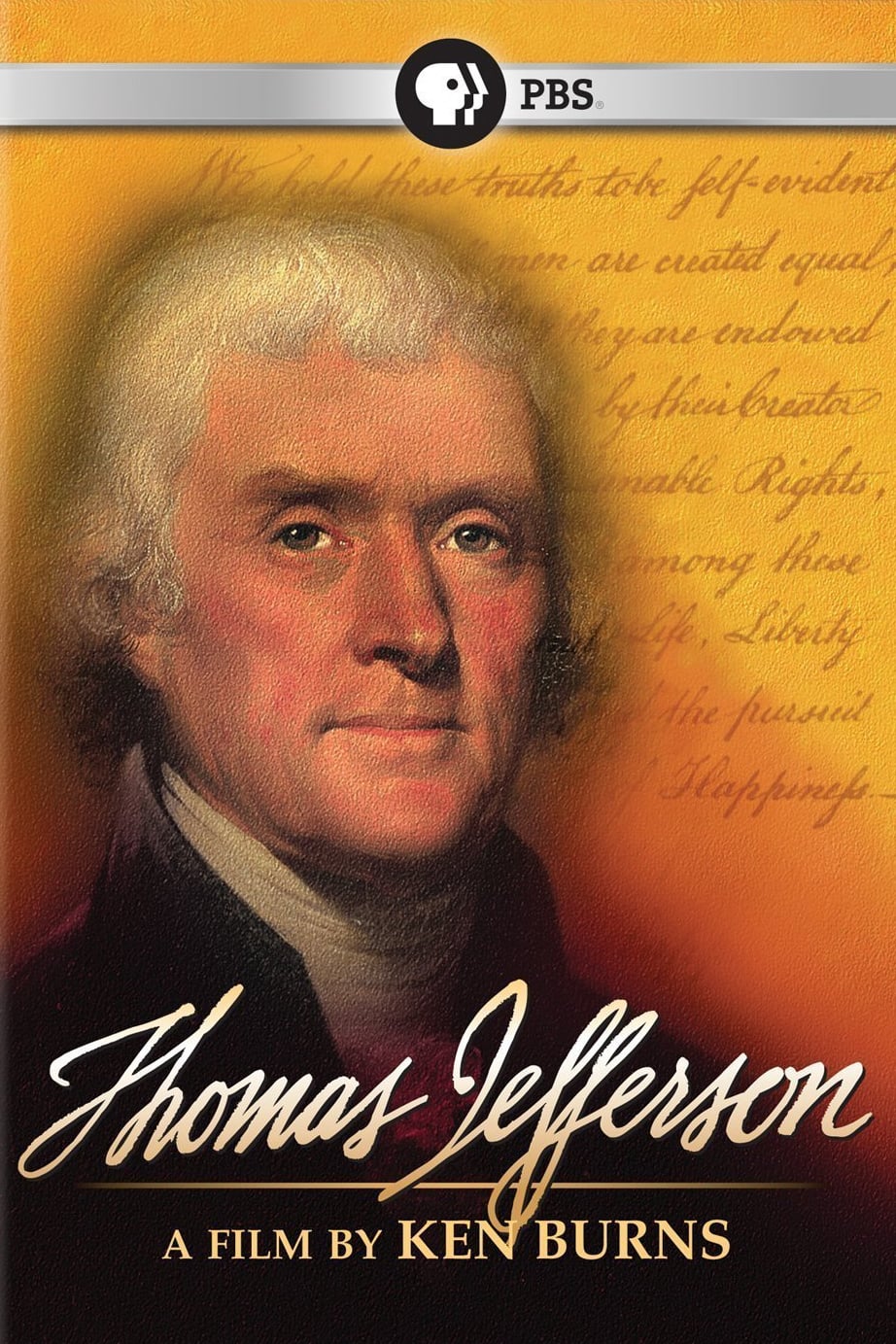
The complex life of Thomas Jefferson, who wrote that "all men are created equal" yet owned slaves, is recounted by master filmmaker Ken Burns in this probing documentary. Covering Jefferson's diplomatic work in France, his two presidential terms, his retirement at Monticello and more.
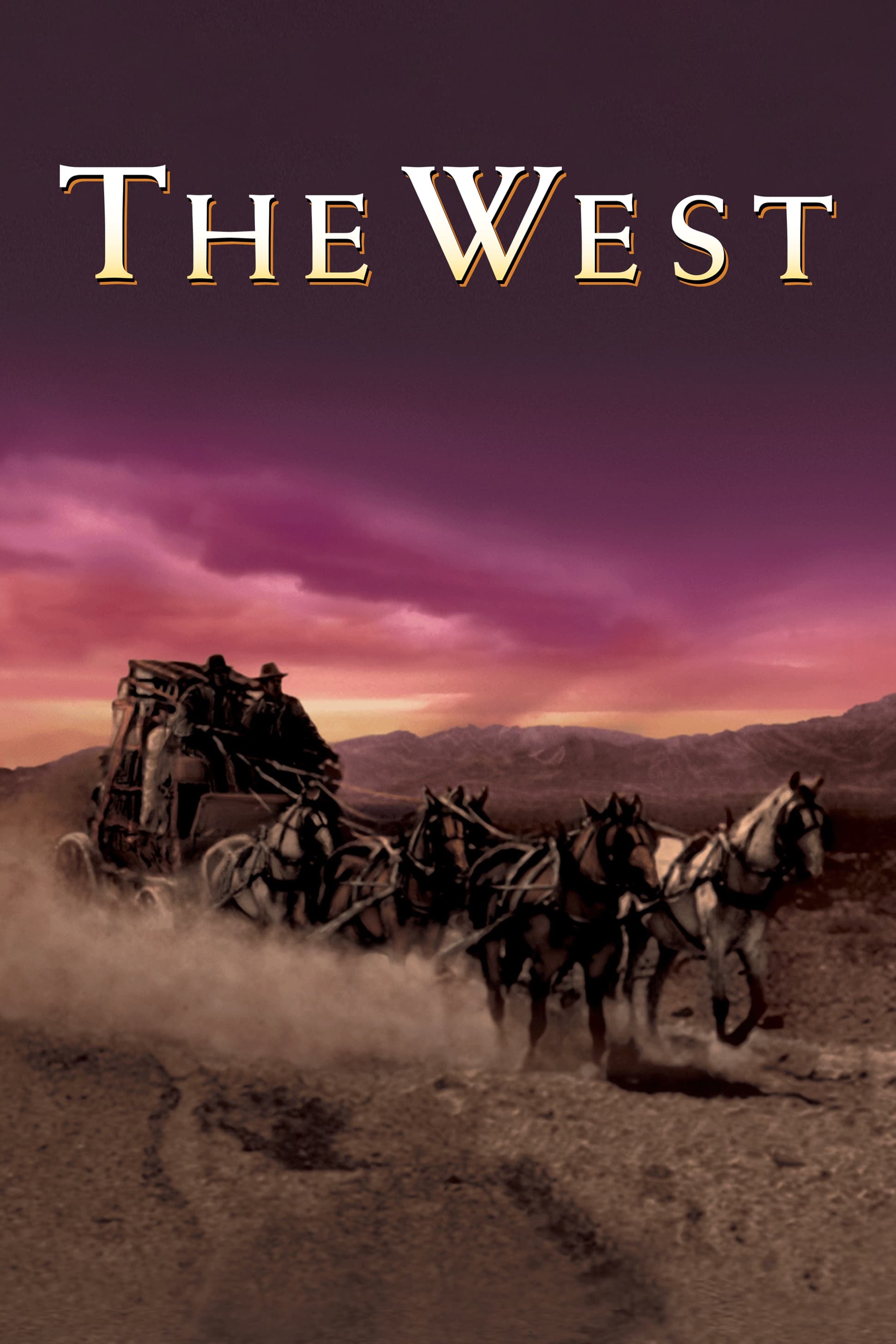
The West, sometimes marketed as Ken Burns Presents: The West, is a documentary film about the American Old West. It was directed by Stephen Ives and the executive producer was Ken Burns. The film originally aired on PBS in September 1996.
Raiford Chatman "Ossie" Davis (December 18, 1917 – February 4, 2005) was an American actor, director, writer, and activist. Description above from the Wikipedia article Ossie Davis, licensed under CC-BY-SA, full list of contributors on Wikipedia
By browsing this website, you accept our cookies policy.